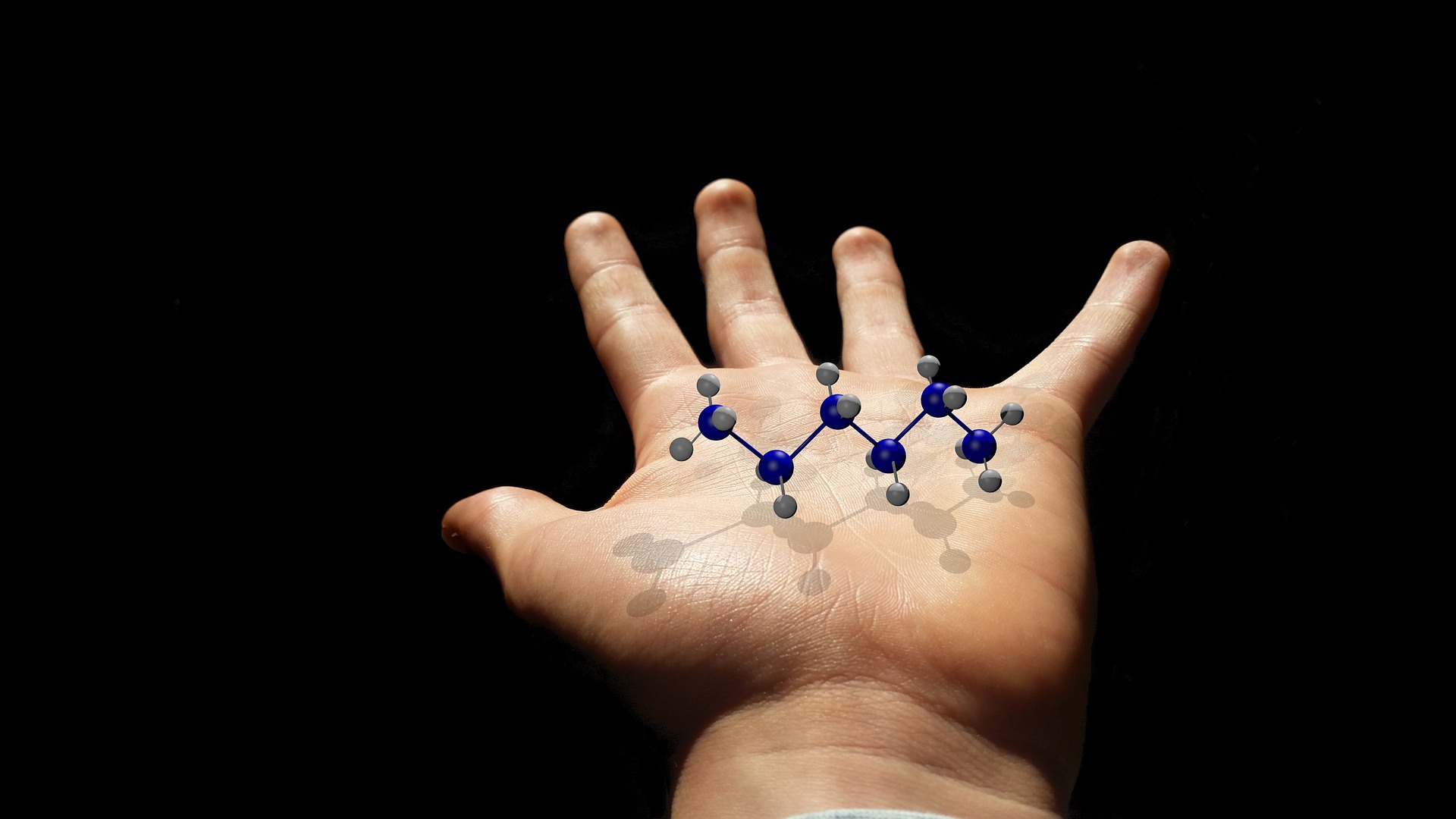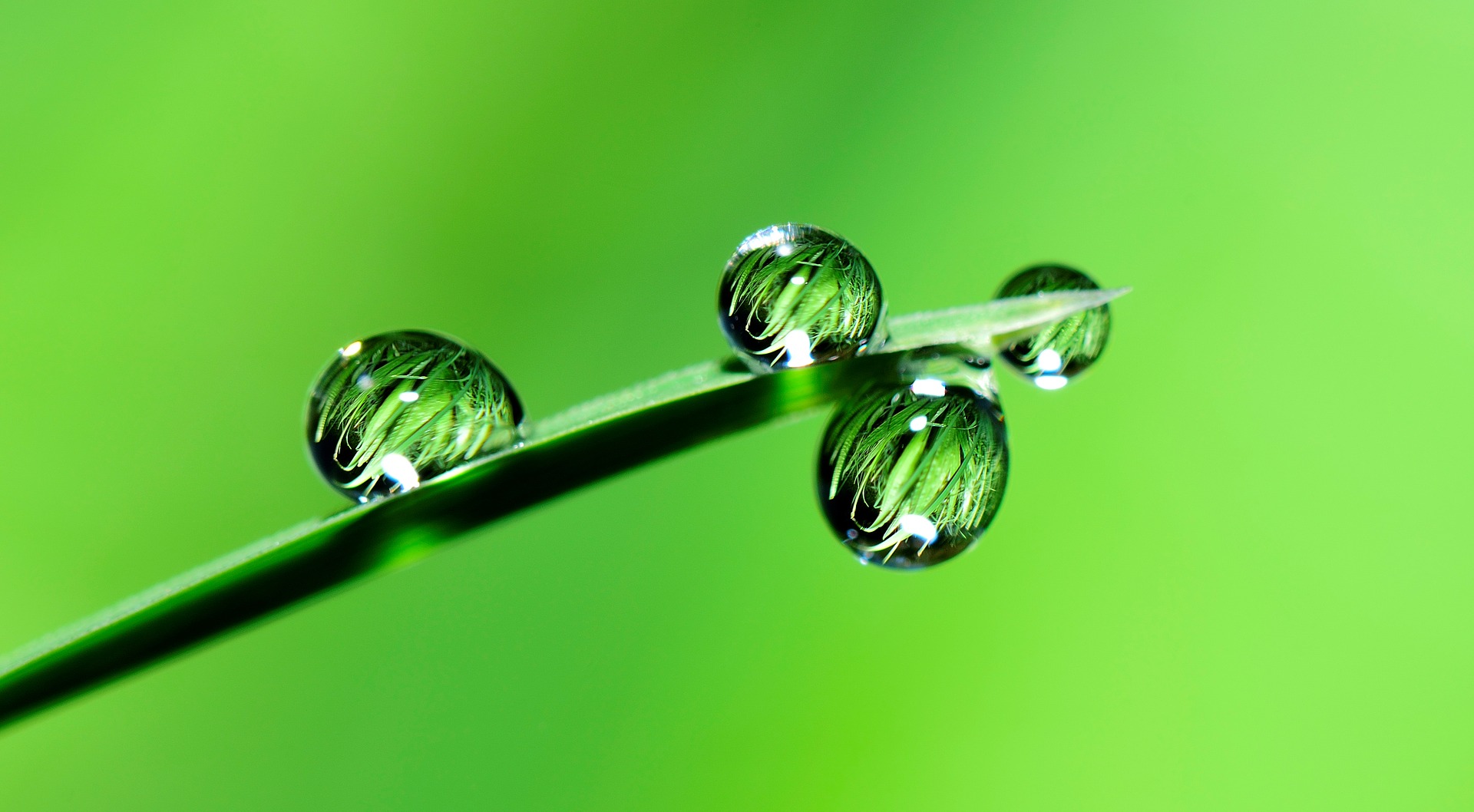Essential Oil Science is Important
It is very important to know what plant and what part of a plant is used to extract essential oils. Where they are grown, how they are grown, how they are harvested, how the oil is extracted is very important. This will have a significant effect on the make up of the composition and consequently, the effectiveness of the oil.
There are 10s of thousands of different molecules that can be found in all the varieties of essential oils. In each oil, it is typical to find around 20 up to nearly 300 different constituents in the compound. There are some very common ones such as limonene. The contituents tend to fall into three major classes: Terpenes (or terpenoids), Phenylpropanoids, and Hydrocarbons. While essential oils can contain hundreds of constituents, there is typically some that are make a larger portion of the compounds.
The GEOmetry is the Key
When essential oils are absorbed into the body (by topical application or through breathing), they interact with our cells. How they interact with our cells depends on their molecular GEOmetry. They seek out specific cells in our bodies and have very specific binding interactions based on their shape.
Human cells are very complex structures, and the ability of the essential oil to effectively interact with the cell is dependent on all of the constituents in the oil. Because of this it is extremely important that you get your essential oils from a trusted supplier. You need to know exactly where they come from and how they are handled and processed… from the seeds to the final packaged product. Otherwise, you may end up with a product that does not have the complete composition profile and it will not provide the same effect. That is why we only use oils from Young Living. They own their own farms, the control the entire process, and they have the highest quality standards in the industry. Something as critical as your health should not be trusted to an oil from a discount store that you have no idea where it came from.
Want to learn more? Join GEO and contact us here.


